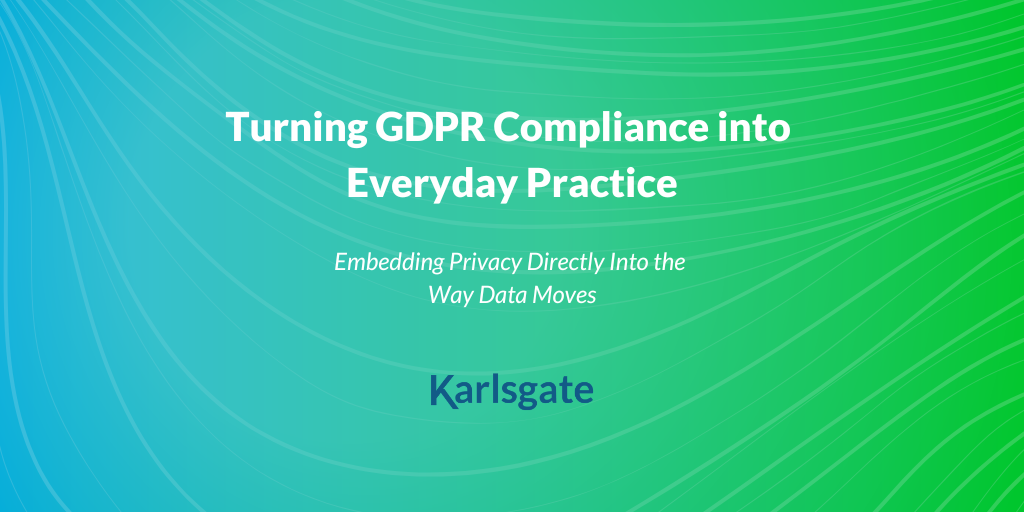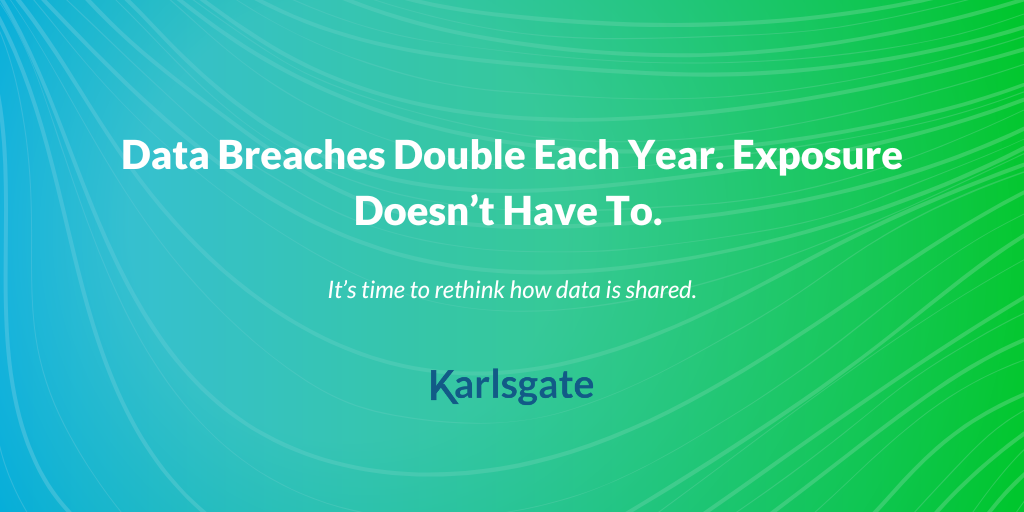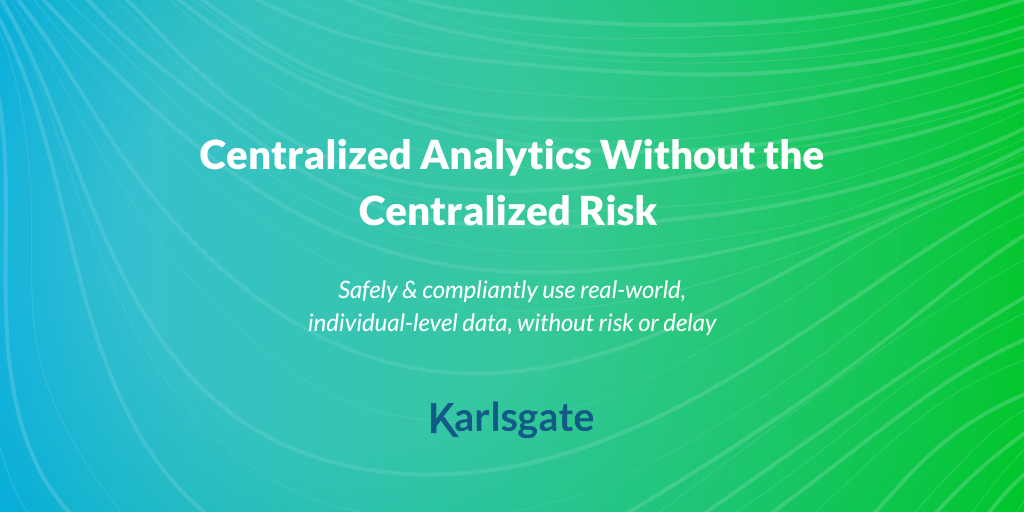Protect financial data. Power critical decisions.
De-identify by default. Use financial data to fight fraud, assess risk, and meet regulations without giving up control.
Karlsgate enables safe, protected pipelines for sanctions screening, AML checks, credit risk modeling, and fraud detection.
No shared keys. No persistent IDs. Just usable data you control that is compliant from the start.
Leverage Karlsgate for...
Secure Sanctions & Watchlist Screening
Check sanctions lists, watchlists, and regulatory databases without either party exposing PII. Screen safely and at scale without handing over identity data.
Collaborative Fraud Detection
Share and analyze data across financial institutions to detect suspicious behavior and prevent fraud faster and safer - without transferring PII.
Enhance Data for Credit Risk Assessment
Use third-party or alternative datasets, like utility bills or purchase history, to evaluate credit risk without sharing persistent identifiers.
Cross-Border AML Checks
Conduct anti-money laundering reviews across jurisdictions without transferring sensitive data or triggering unnecessary regulatory complexity.
Secure Customer Data Linking Across Lines of Business
Unify customer profiles across credit, banking, and insurance divisions—without exposing PII.
Identity Verification Without Exposure
Verify customers at the individual level across data partners—without ever sharing PII or persistent IDs.
Why Financial Institutions Choose Karlsgate
Simplify Data Exchange
Streamline connections with partners, bureaus, and regulators. Karlsgate automates normalization and file alignment, so your data moves safely and efficiently.
Scale Data Connectivity
Fuel real-time decisioning and AI-driven insights without exposing identity. Connect with external sources while avoiding shared environments and central custodianship. Rapid matching is just as easy for hundreds of identities as it is for billions.
Collaborate Without Compromise
Enable essential workflows for KYC, AML, and fraud prevention—without handing over sensitive data. Privacy-by-design is built into every step.

Turning GDPR Compliance into Everyday Practice
Embedding Privacy Directly into the Way Data Moves

Data Breaches Double Each Year. Exposure Doesn’t Have To.
It’s time to rethink how data is shared.

Centralized Analytics Without the Centralized Risk
Safely & compliantly use real-world, individual-level data, without risk or delay

